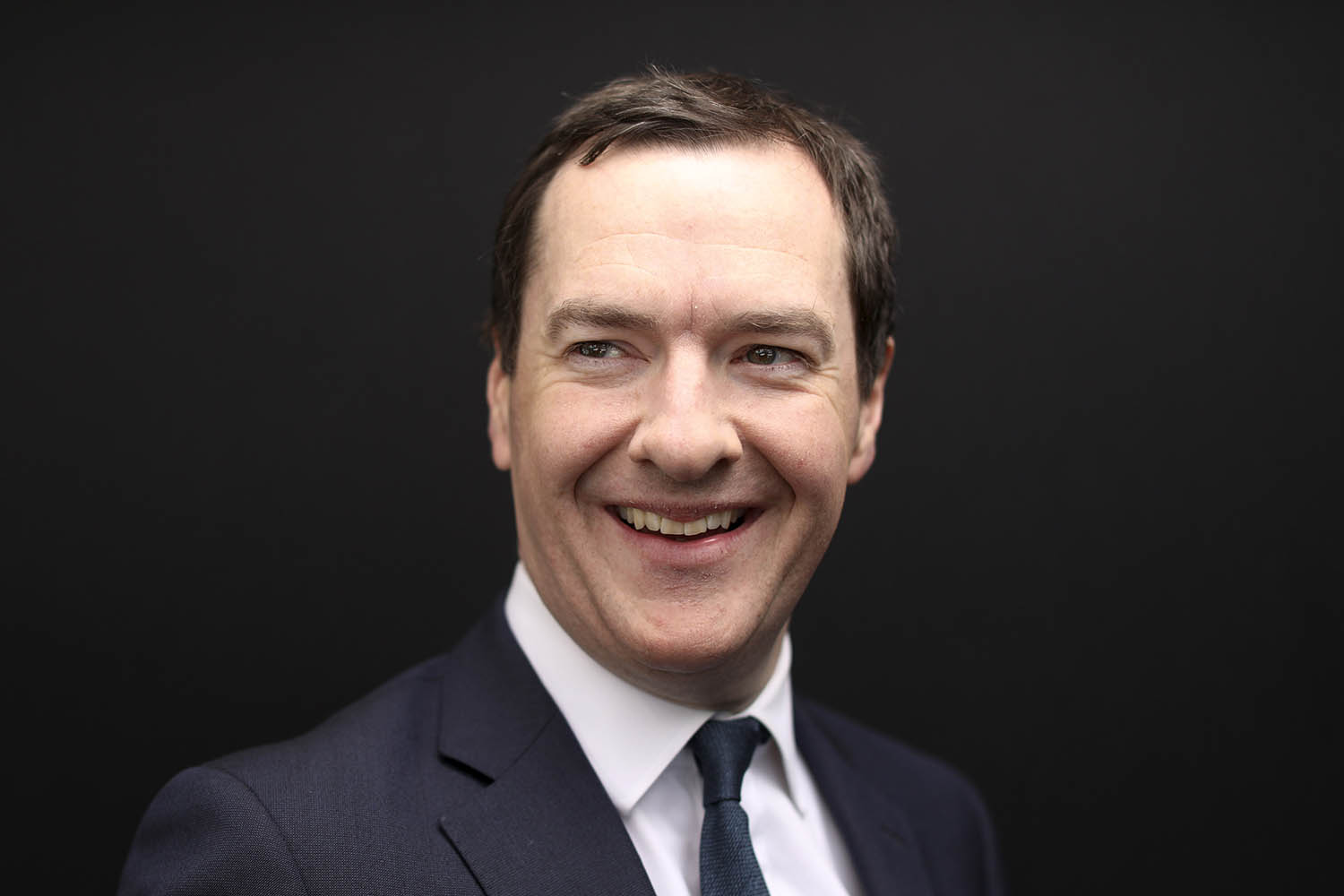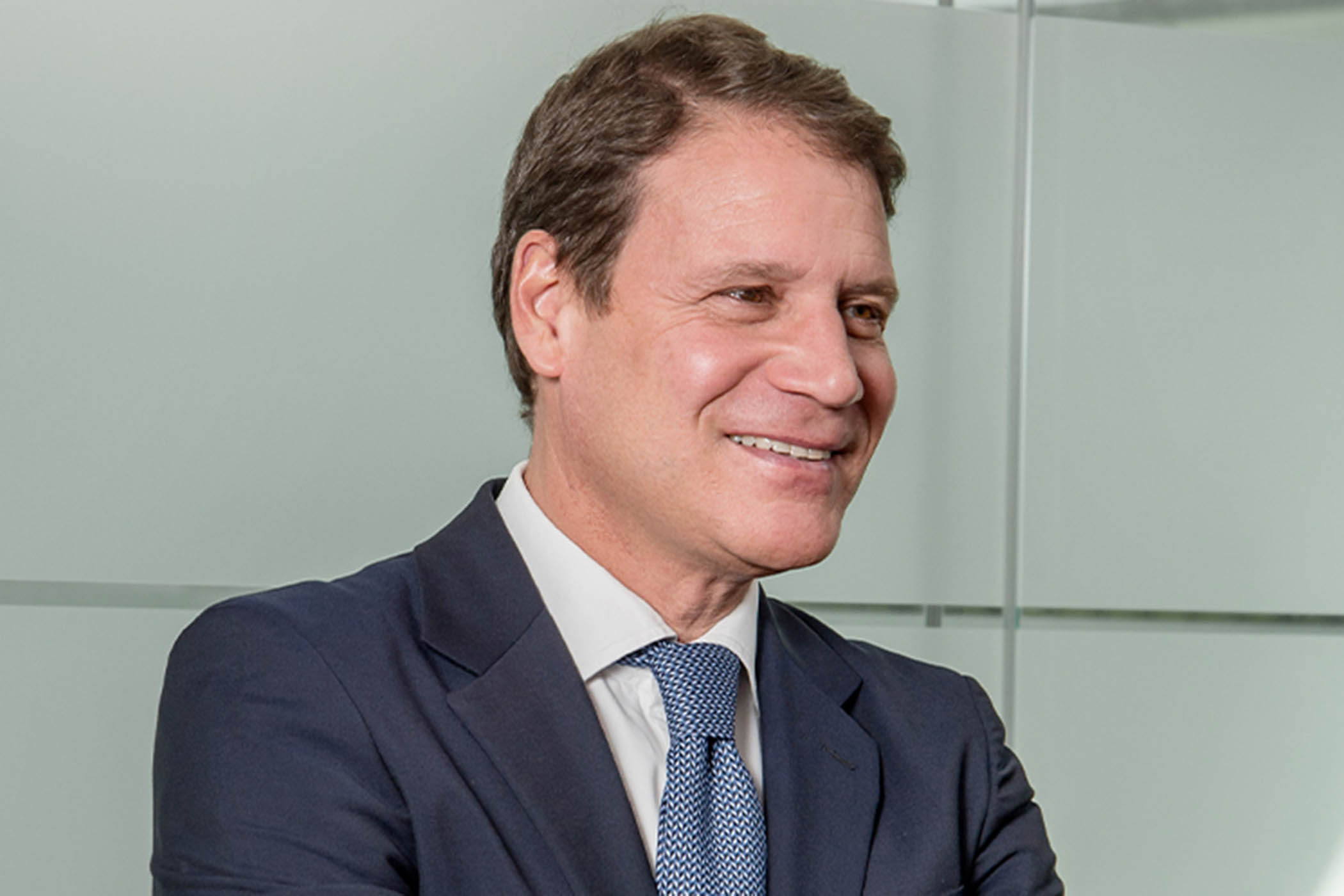George Osborne bagged a not insignificant fortune from the $196m (£150m) sale this week of Robey Warshaw, the boutique investment bank in which the former chancellor is a partner. The buyer, New York-based Evercore, was founded by Roger Altman who, like Osborne, was a renowned “deficit hawk” and has gone on to prosper in both finance and politics: he served as deputy Treasury secretary under Bill Clinton.
The two investment banks seem made for each other, having both built profitable franchises on high-level personal relationships and hustle. They have successfully challenged bigger investment banks such as Goldman Sachs, Morgan Stanley and JP Morgan to win lucrative contracts advising on mergers and acquisitions. The far larger Evercore has been expanding rapidly in Europe, where it expects deals to grow significantly, and sees Robey Warshaw as the key to unlocking more business in London, still the world’s second most valuable M&A market after the US.
Robey Warshaw’s success since its founding in 2013 seems to provide evidence that a British investment bank can still hold its own in the global market. (Though, strikingly, its greatest successes came from helping British companies repel unwanted bids from abroad: it helped Astra Zeneca resist Pfizer’s advances.) Now it is following in the footsteps of many venerable City of London firms that have sold themselves to wealthier Wall Street rivals since the Big Bang in 1986.
It will come as no surprise if more of the remaining handful of smaller London-based investment banking firms now get snapped up. Britain continues to produce world-class bankers but, once again, it seems that their future will lie in American hands.
Photograph by Simon Dawson/Bloomberg, Getty
Newsletters
Choose the newsletters you want to receive
View more
For information about how The Observer protects your data, read our Privacy Policy



